#indian
Text

133 notes
·
View notes
Text
https://jacqueline-294.mxtkh.fun/i/O4CqEGQ
#bakugo x reader#librarians#sabrina spellman#driving#tobey maguire#mcyt x reader#stephen king#chad white#indian#keep calm#kpop rp#eliza taylor#celeb#kaho shibuya
128 notes
·
View notes
Text
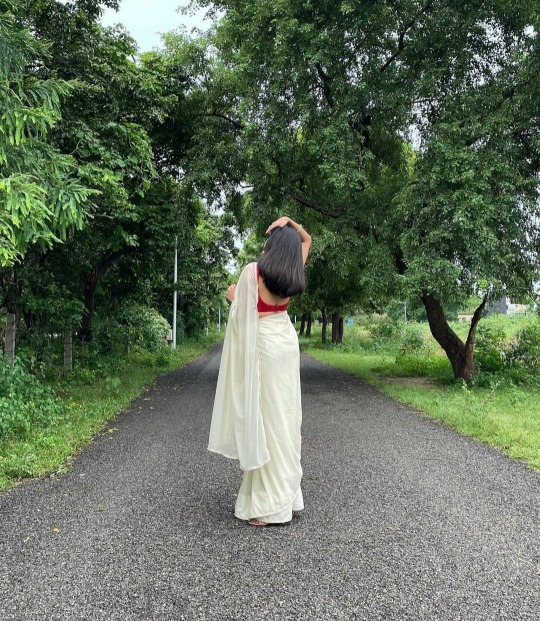
Embracing serenity and freshness! 🤍💚🌼🌿

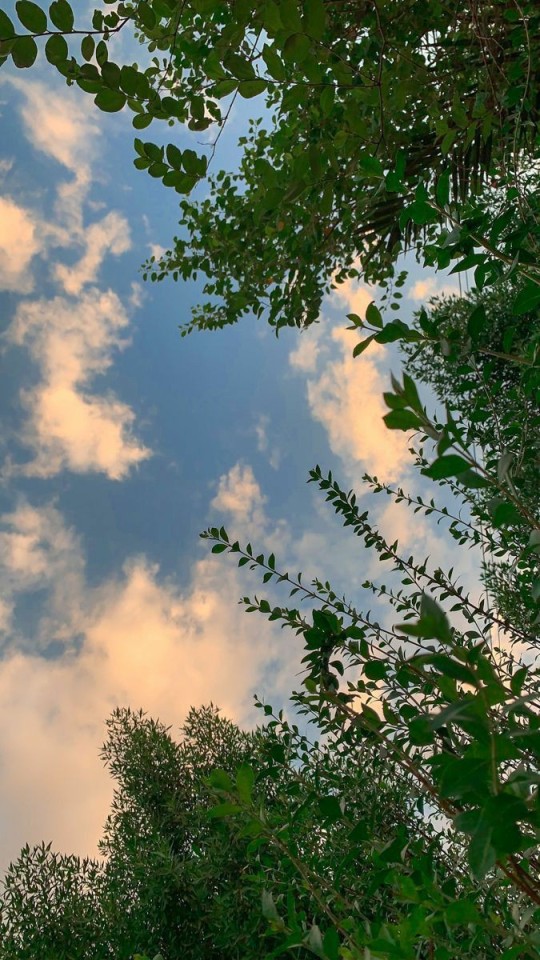
#green white symphony#white is serene#green is freshness#desi girl#desiblr#indian#desi tumblr#desi#me#mine#white saree#sareelove#sareeindia#sareefashion
36 notes
·
View notes
Text
AFFIRMATIONS —
These affirmations blend elements of spirituality, mindfulness, gratitude, and empowerment, reflecting the holistic approach to life often found in Indian philosophies and teachings. How do these resonate with you?

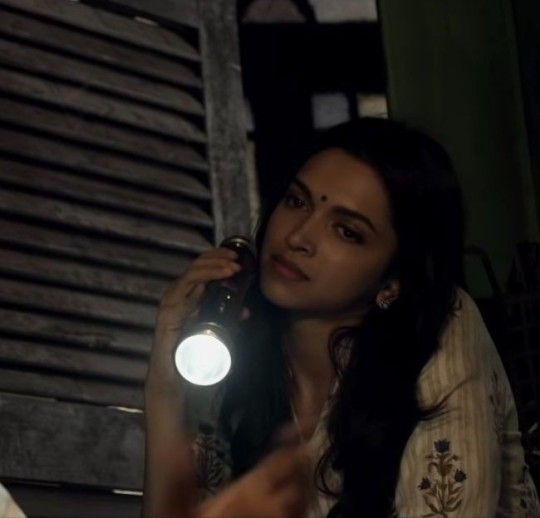
1. I am a manifestation of divine energy, worthy of love and abundance.
2. My mind is a temple of peace and clarity, rooted in ancient wisdom.
3. I embrace the cycles of life, knowing that change brings growth and transformation.
4. I radiate positivity and kindness, spreading joy to those around me.
5. I honor my ancestors and carry their resilience and strength within me.
6. I am connected to the universe, in harmony with nature's rhythms and cycles.
7. I trust in the unfolding of my journey, guided by the wisdom of my heart and soul.
8. I celebrate diversity and unity, recognizing the beauty in every culture and tradition.
9. I cultivate gratitude for the blessings in my life, big and small, with a grateful heart.
10. I am a co-creator of my destiny, manifesting my dreams with intention and perseverance.
11. I am worthy of love, kindness, and respect from myself and others.
12. I embrace my imperfections, knowing they are part of my unique beauty and strength.
13. I forgive myself for past mistakes and release any self-judgment or criticism.
14. I trust in my abilities and believe in my potential to achieve my goals and dreams.
15. I prioritize self-care and nourish my mind, body, and soul with love and compassion.
16. I set healthy boundaries to protect my well-being and honor my needs and values.
17. I celebrate my progress and achievements, no matter how small, acknowledging my growth.
18. I speak to myself with kindness and encouragement, nurturing a positive inner dialogue.
19. I let go of comparison and embrace my unique journey, trusting in my own pace and path.
20. I am enough just as I am, worthy of love, happiness, and fulfillment.
AFFIRMATIONS are made not only to be recalled or spoken every morning for a good morning, you can always remind yourself with all these beautiful AFFIRMATIONS whenever you are free, not being in a good mood, need some motivation, not feeling good about yourself or just want to! ✨️

#desicore#desi tumblr#desiblr#desi#india#indian#affirmdaily#affirmyourlife#affirmations#girl blogger#beacoming that girl#it girl#girlblogging#just girly things#wonyoungism#pink coquette#pink pilates princess#pink pilates girl#self love#manifestation#positive suggestions#advice#girl tips#self care tips#romantizing life#self growth#self care#self confidence#girl advice#positivity
22 notes
·
View notes
Text
There is a pervasive legend in India of a secret organization that allegedly has a vast amount of advanced knowledge in their possession.
20 notes
·
View notes
Text
Vintage Photos of Queer Couples of Color

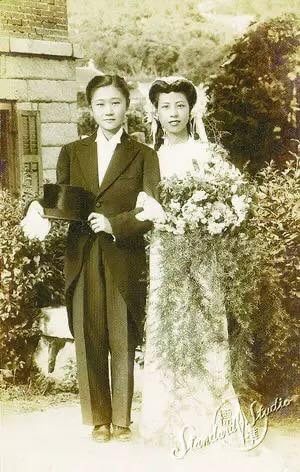

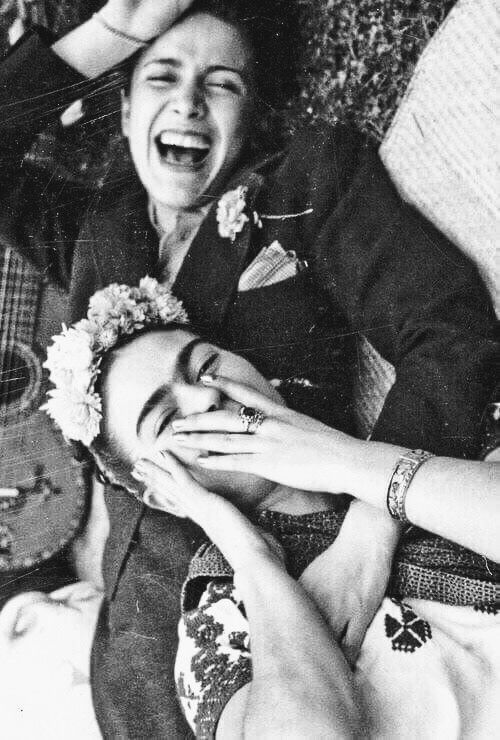
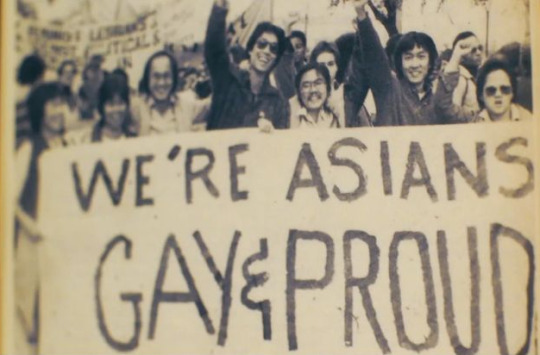
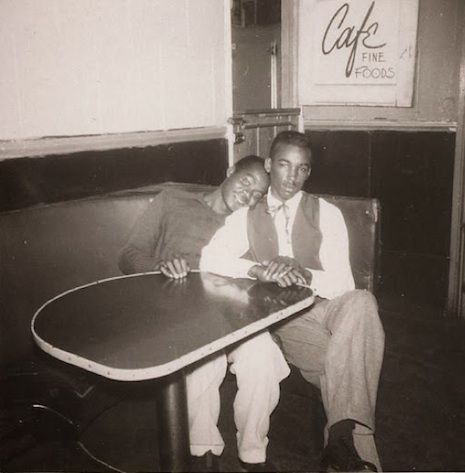

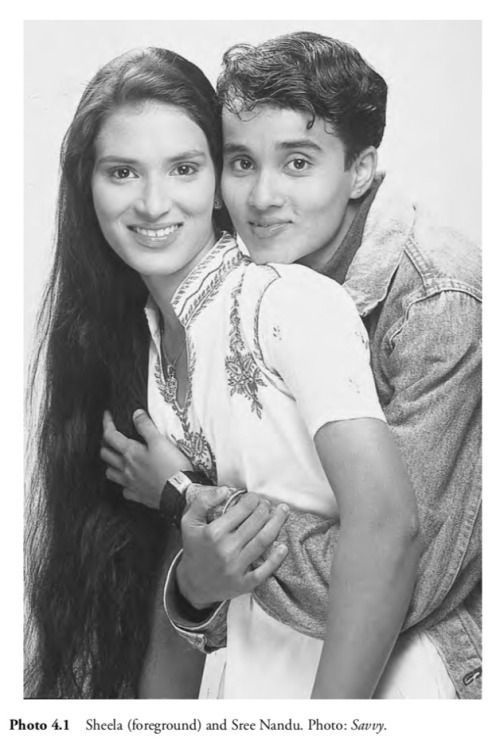
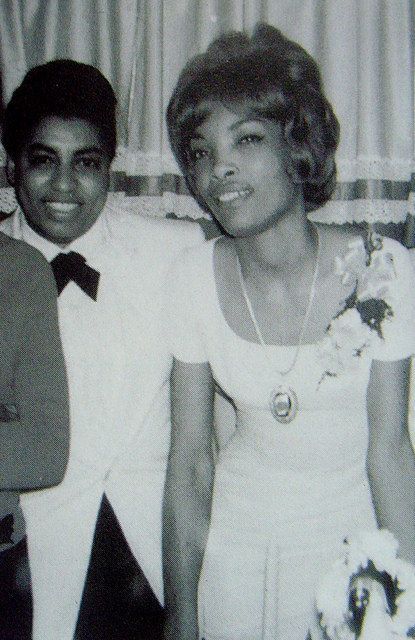
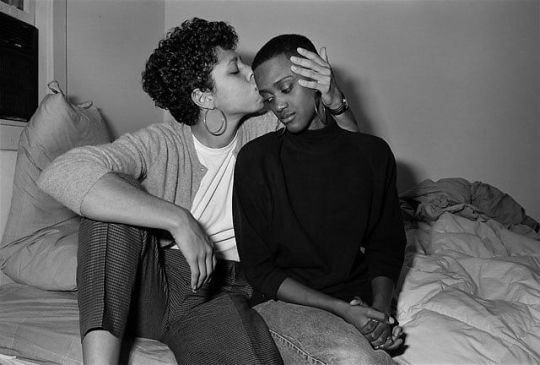
#queer#sapphic#lesbian#wlw#mlm#mlm post#mlm positivity#wlw yearning#wlw love#wlw positivity#queer history#black lesbian#gay man#black queer#black women#indian#desi#asian#lgbt pride#lgbtqia#lgbtq#lgbtq community#gay
17K notes
·
View notes
Text
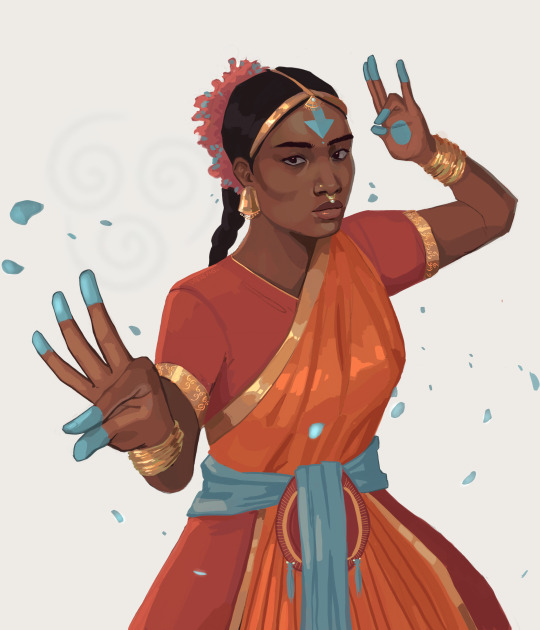
bharatnatyam air bender
#atla#avatar the last airbender#atla fanart#bharatnatyam#indian#air bender#digital art#digital painting
14K notes
·
View notes
Text
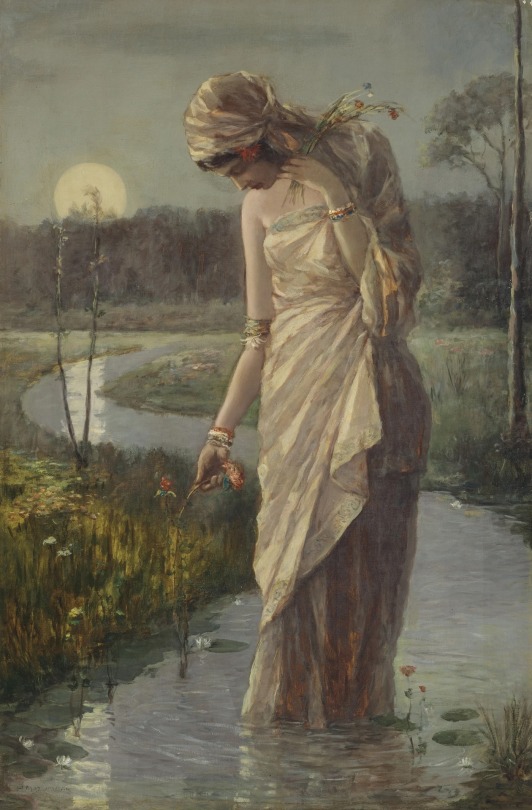
Untitled (Woman in Moonlight) by Hemendranath Mazumdar (Indian, 1894–1948)
4K notes
·
View notes
Text
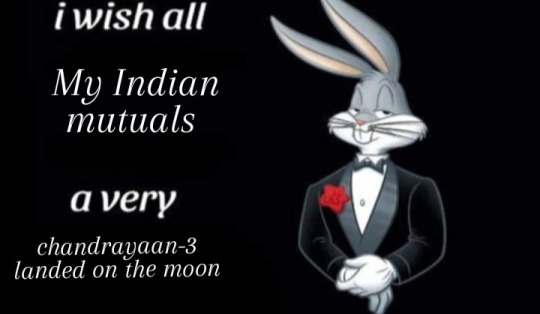
Hi we did it
#someone make a better version pls#we made it#congrats#chandrayaan3#chandrayaanlaunch#india#indian#fun fact that my dad wants you to know: chandra in hindi means moon#hes very excited and its very cute :))
5K notes
·
View notes
Text

101 notes
·
View notes
Text


Tikka Masala w/ Cheese Stuffed Naan (x)
#food#food porn#tikka masala#naan#cheese stuffed naan#cheese pull#rice#stew#indian#food gif#lustingfood#mine#gifset
860 notes
·
View notes
Text
Desi Parenthood, Adoption, and Stereotypes
I have a story set in the modern day with supernatural traces, with three characters: a young boy, his bio dad, and his adoptive dad. The boy and his bio dad are Indian, the adoptive dad is Chinese.
The bio dad is one of the few people in the story with powers. He put his son up for adoption when he was a child because at the time he was a young single father, had little control of the strength of his powers: he feared accidentally hurting his child. The son is adopted by the other dad, who holds spite to the bio dad for giving up his son since he lost his father as a young age and couldn't get why someone would willingly abandon their child.
This also results in him being overprotective and strict over his son. When the child is older, the bio dad comes to their town and the son gets closer to him, which makes the adoptive dad pissed, mostly acting hostile to the other guy, paranoid that he'll decide to take away the child he didn't help raise. Later when they get closer he does change his biases.
I can see the possible stereotypes here: the absent father being the darkskinned character, the light-skinned adoptive dad being richer than the bio dad, the lightskinned character being hostile and looking down on the darkskinned character, the overprotective asian parent, the adoptive dad assuming the bio dad abandoned the son. The reason for his bias isn't inherently racist, but I get how it can be seen that way. Is there a way to make this work? Would it be better to scrap it?
Two problem areas stand out with this ask:
You seem confused with respect to how racial stereotypes are created, and what effect they have on society.
Your characterization of the Indian father suggests a lack of familiarity with many desi cultures as they pertain to family and child-rearing.
Racial Stereotypes are Specific
Your concern seems to stem from believing the absent father trope is applied to all dark-skinned individuals, when it’s really only applied to a subset of dark-skinned people for specific historical/ social/ political reasons. The reality is stereotypes are often targeted.
The “absent father” stereotype is often applied to Black fathers, particularly in countries where chattel slavery or colonialism meant that many Black fathers were separated from their children, often by force. The "absent black father" trope today serves to enforce anti-black notions of Black men as anti-social, neglectful of their responsibilities, not nurturing, etc. Please see the WWC tag #absent black father for further reading.
Now, it’s true many desis have dark skin. There are also Black desis. I would go as far as to say despite anti-black bias and colorism in many desi cultures, if one was asked to tell many non-Black desis from places like S. India and Sri Lanka apart from Black people from places like E. Africa, the rate of failure would be quite high. However, negative stereotypes for desi fathers are not the same as negative stereotypes for non-desi Black fathers, because racially, most Black people and desis are often not perceived as being part of the same racial group by other racial groups, particularly white majorities in Western countries. Negative stereotypes for desi fathers are often things like: uncaring, socially regressive/ conservative, sexist. They are more focused around narratives that portray these men as at odds with Western culture and Western norms of parenting.
Desi Parents are Not this Way
Secondly, the setup makes little sense given how actual desi families tend to operate when one or both parents are unable to be present for whatever reason. Children are often sent to be raised by grandparents, available relatives or boarding schools (Family resources permitting). Having children be raised by an outsider is a move of last resort. You make no mention of why your protagonist’s father didn’t choose such an option. The trope of many desi family networks being incredibly large is not unfounded. Why was extended family not an option?
These two points trouble me because you have told us you are writing a story involving relationship dynamics between characters of both different races and ethnicities. I’m worried you don’t know enough about the groups you are writing about, how they are perceived by each other and society at large in order to tell the story you want to tell.
As with many instances of writing with color, your problem is not an issue of scrap versus don’t scrap. It’s being cognizant of the current limits of your knowledge. How you address this knowledge deficit and its effect on your interpretation of your characters and the story overall will determine if readers from the portrayed groups find the story compelling.
- Marika.
I have one response: what? Where are the father’s parents? Any siblings? Is he cut off? Is he American? A Desi that has stayed in India?
Estrangement is not completely out of the question if the father is Westernized; goodness knows that I have personal experience with seeing estrangement. But you haven’t established any of that. What will you add?
-Jaya
#Black#Indian#South Asian#Desi#absent black father#stereotypes#tropes#adoption#colorism#research research research#parenting#strict Asian parents#Asian families
470 notes
·
View notes
Text
This is probably my last post on the whole “Liz is dead” situation but I want to talk about my great grandmother, who is currently 92 years old. When I was growing up, hell even now, she’d tell me a lot about her own stories, mostly about how terrifying life was under both the British Raj and Nizam rule (her side of my family is from Hyderabad - Google the Nizams and the Razakars if you’ve never heard about them, that’s a whole other thing of its own).
Something I remember very clearly is her telling me about this one song she was forced to sing in her school - she went to a Christian convent school - and the song was about the greatness of “George Prabhu and Mary Rani,” aka George V, Elizabeth II’s grandfather. Recently my mom was able to film her singing this song so that we could listen to the lyrics, which are originally in Telugu, and roughly translated it means “we’re singing in honor of George and Mary, who are the rulers of India and have brought great fortune to India, and we see them as our father and mother.”
This is just a really difficult reminder that when we’re talking about why Elizabeth II and the royal family don’t deserve our respect or condolences, many of us have very personal stories that run deep through our families. “But she was a mother, a grandmother, a person” and I don’t care because she and her family were in the business of dehumanizing and erasing the identities of millions of other mothers, other grandmothers, other PEOPLE. Why else would my great grandmother be forced to sing a song in their honor? “But she wasn’t responsible for India” fair enough, her darling grandfather had a great time doing that, but how about you go and talk to Kenya? Or anyone in Africa? Or the Caribbean? I’m sick and tired of being told to “not speak ill of the dead” when REALLY I and millions of others should be getting an apology from anyone who wants to “praise her legacy” and talk about how “revolutionary” she was.
edit: i got the george’s mixed up before. george v is elizabeth ii’s grandfather. george vi is her father.
#that being said#my thoughts are also w the middle and working classes of the uk who will now unfortunately have to bear the brunt of the aftermath of this#of course they’d force a ‘period of mourning’ on everyone 🙃#anyway#ding dong the bitch is dead#queen elizabeth#elizabeth ii#george v#anti british#british royal family#british raj#british colonialism#fuck the british#fuck colonialism#desiblr#desi tumblr#desi tag#indian#india#indian independence movement#hyderabad#telangana#telugu#south india
9K notes
·
View notes
Text

#beautiful#beautiful women#bhabhi#bhabhihot#bhabhisex#curve#desi women#desibhabhi#indianbhabhi#indian
523 notes
·
View notes
